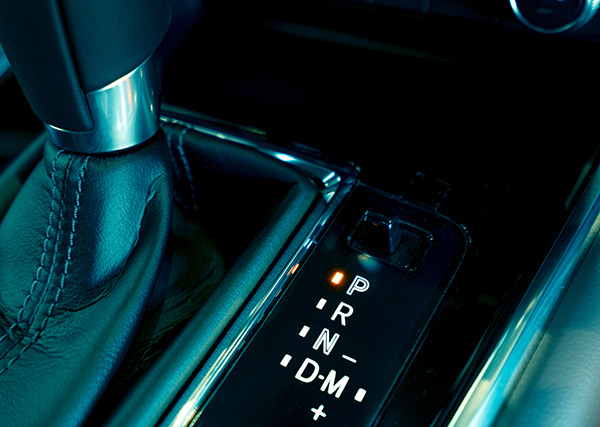Posted on 9/26/2025

Hearing a loud clunk when shifting your car into drive is not something to ignore. While it might be tempting to assume it’s just “one of those noises,” this kind of sound often points to underlying issues that can worsen over time. Whether it’s happening occasionally or every time you shift gears, finding out what’s causing the clunk is the first step to protecting your transmission and drivetrain. What Does the Clunk Mean The clunking sound is usually a sign of stress or play somewhere in the drivetrain. When components like mounts, joints, or gears aren’t operating as they should, the sudden transfer of torque from the transmission can cause a loud mechanical impact. It’s a signal that something isn’t absorbing the force the way it’s supposed to. Some drivers notice the clunk only when shifting into drive from a complete stop. Others hear it when switching between drive and reverse. Either way, it suggests tha ... read more
Posted on 9/23/2025
Seeing your Hyundai’s check engine light flicker on can turn a calm drive into a moment of stress. While it’s tempting to ignore the warning, that little amber light is your car’s way of asking for help. At Oceanworks, the premier Berkeley auto repair shop, we’ve helped countless Hyundai owners understand what’s behind that glow — and how to fix it before it becomes a bigger problem. The check engine light can point to a wide range of issues, from something as simple as a loose gas cap to something as serious (and expensive to fix) as a failing catalytic converter. Many Hyundai drivers encounter OBD-II codes such as: P0171 – System Too Lean (often linked to a vacuum leak or faulty mass airflow sensor) P0300 – Random/Multiple Cylinder Misfire Detected P0420 – Catalyst System Efficiency Below Threshold (commonly a catalytic converter or oxygen sensor issue) P0456 – Evaporative Emission System Small Leak (sometimes jus ... read more